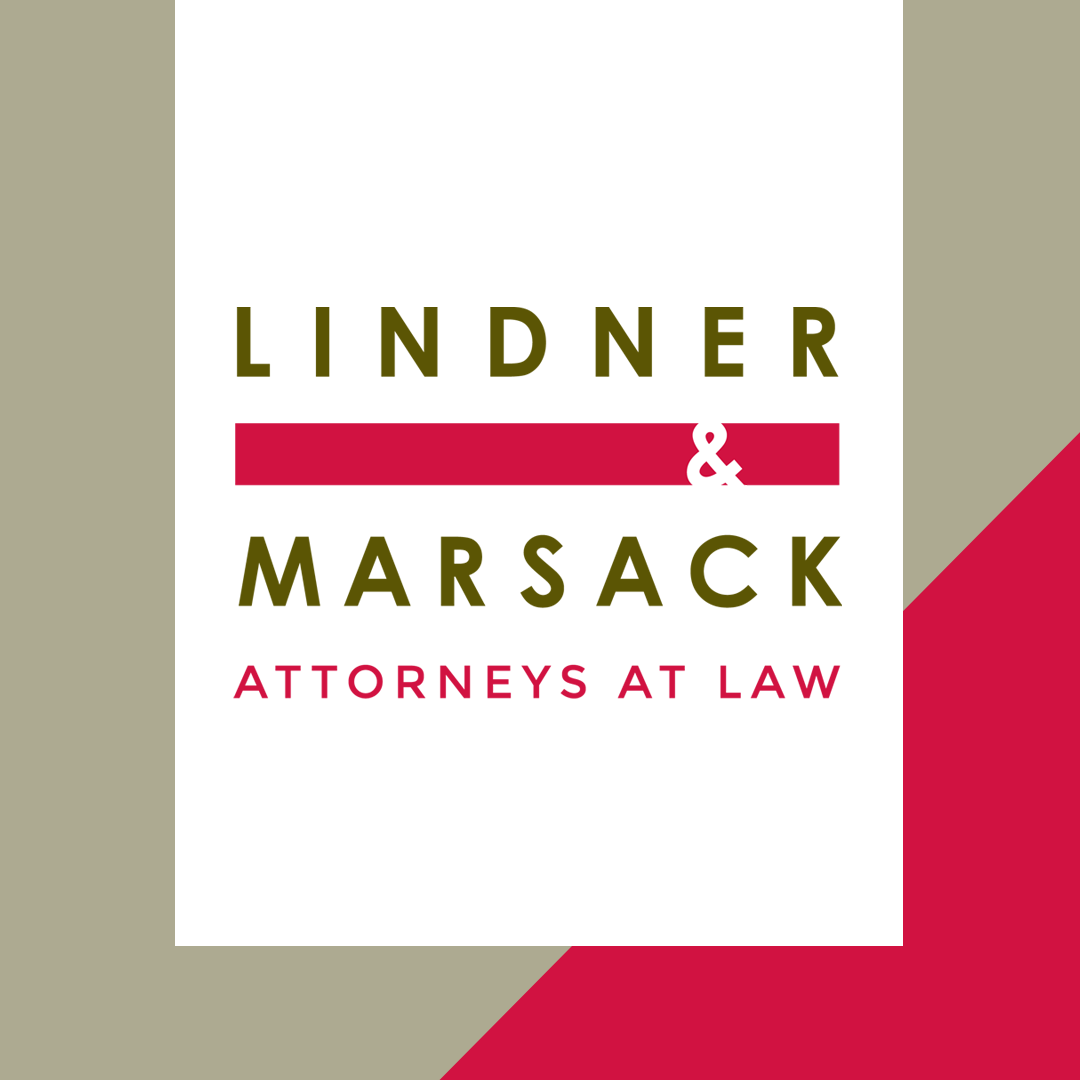By Sally Piefer Yesterday we reported that, despite repeated requests from the Wisconsin Manufacturers & Commerce (WMC), Wisconsin’s Governor Evers was set to release to the public the names of Wisconsin businesses who have had at least 2 employees test positive for COVID. The release of business names was scheduled for Friday, October 2, 2020. […]

